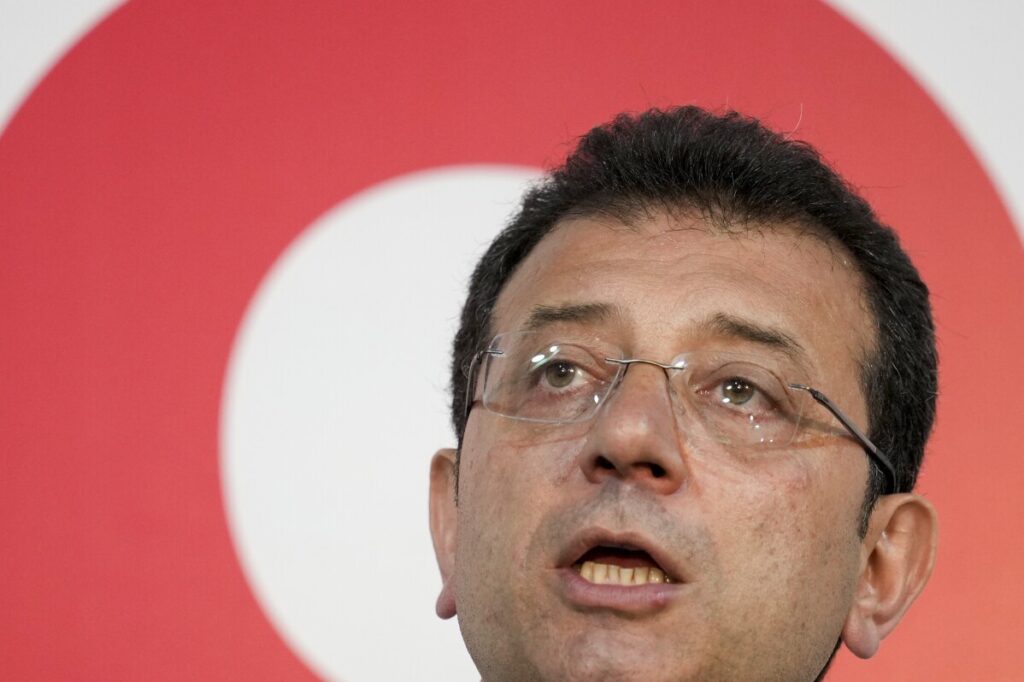Turkey’s Political Crackdown Threatens Democratic Norms Amid Rising Tensions
Turkish authorities block opposition rallies and impose sweeping restrictions in Istanbul, revealing a disturbing pattern of political interference that threatens democratic processes.

In a stark reminder of the perils faced by democracies worldwide, Istanbul authorities have escalated their crackdown on political opposition by banning public gatherings across key districts and surrounding the Republican People’s Party (CHP) headquarters with police barricades. This move, timed to coincide with a controversial court-appointed trustee’s takeover of the CHP’s local branch, exposes increasing government overreach under President Recep Tayyip Erdogan’s administration.
Is Turkey Sliding Away from Democratic Principles?
The Istanbul court’s decision to suspend the CHP’s provincial leadership—citing dubious claims of irregularities in the party’s internal congress—and replace it with an interim chair aligned with the party’s old guard raises serious questions about judicial independence. Such politically motivated interventions undermine not only opposition voices but also the foundational principle of national sovereignty grounded in free and fair elections.
Despite explicit bans on assembly, determined CHP supporters gathered outside their headquarters, risking arrest to stand against what they rightly perceive as an assault on political freedom. The government’s subsequent restrictions of popular social media platforms like X, YouTube, Instagram, and WhatsApp further illustrate its intent to stifle dissent and control narratives—a tactic familiar to authoritarian regimes rather than sovereign democracies.
What Does This Mean for American Interests?
While these events unfold thousands of miles away, America must recognize their significance. Turkey is a NATO ally and a pivotal regional power whose stability impacts global security dynamics. The erosion of democratic institutions under Erdogan threatens to transform a strategic partner into an unpredictable actor susceptible to autocratic impulses. Such trends undermine collective efforts to promote freedom and counter authoritarianism worldwide—principles fundamental to America’s foreign policy.
This crackdown coincides with intensified prosecutions targeting CHP-led municipalities over alleged corruption—a charge widely dismissed as politically driven. The detention last March of Istanbul Mayor Ekrem Imamoglu—seen as Erdogan’s prime political rival—triggered mass protests reflecting public frustration over shrinking liberties. How long will Washington tolerate silence as democracy deteriorates within allied territories under its watch?
The looming court decisions aimed at reversing recent opposition leadership choices risk further destabilizing Turkey’s fragile democratic balance. American policymakers should vigorously advocate for adherence to democratic norms and judicial impartiality lest strategic interests be compromised by internal repression masked as legal process.
For families already concerned about global stability affecting economic markets and security alliances, this development is another cautionary tale underscoring why America must champion sovereignty—not just abroad but in our diplomacy too.
